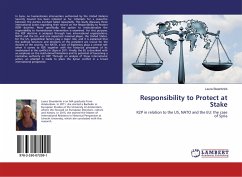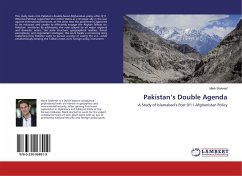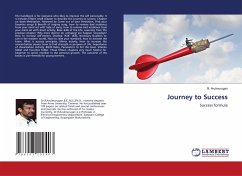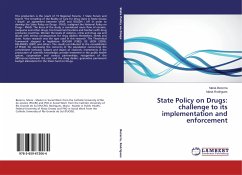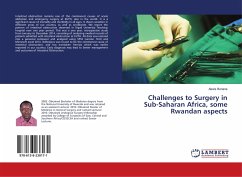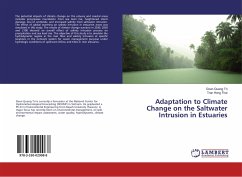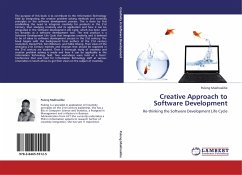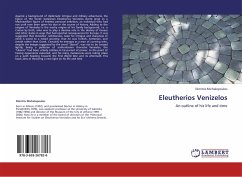In Syria, no humanitarian intervention authorized by the United Nations Security Council has been initiated so far. Attempts for a cease-fire between the parties involved failed repeatedly. This study discusses three international actors regarding their record on the Responsibility to Protect (R2P) doctrine. More specifically, the option to institutionalize the responsibility to humanitarian intervention is examined. For this purpose, the R2P doctrine is analyzed through two international organizations, NATO and the EU, and one important national player, the United States. For the US, geopolitical factors play a major role, and it is explained that the political structure and decisions of the president are crucial for the choices of the country. For NATO, a lack of legitimacy plays a central role when it comes to R2P, together with the historical precedent of its involvement in the conflict in Libya in 2011. Finally, the EU is described with an emphasis on the institutional limitations and its potential of becoming a normative authority on R2P. Through an analysis of these international actors, an attempt is made to place the Syrian conflict in a broad international perspective.

